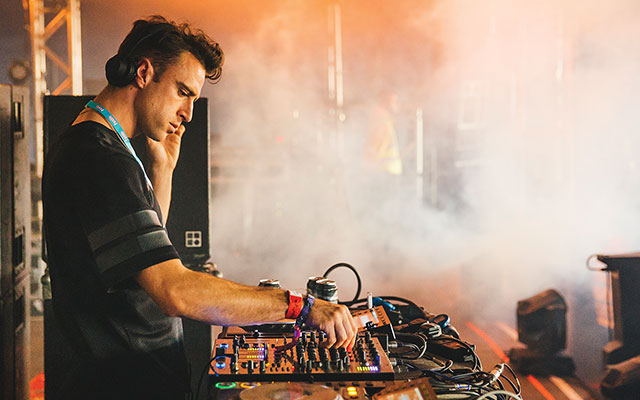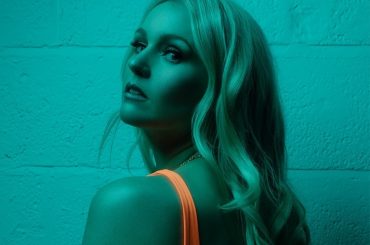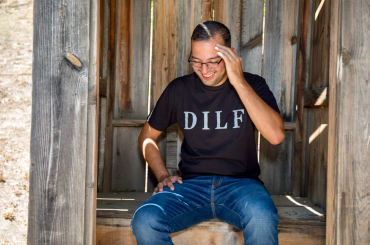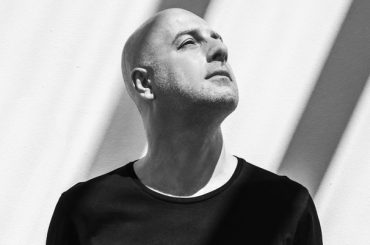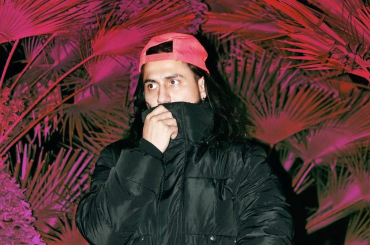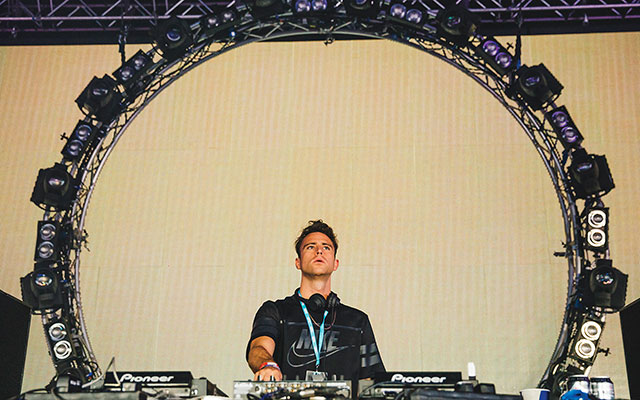
Revill: No, I’d actually been DJing before that. I was about 13-years old and my friend Calum [Morton] had a bag full of records. I went, “Oh, you’re a DJ?” I wanted to try that. At the time the pop charts in Scotland and England were very dance-oriented, so I was like, “Can you teach me how to DJ?” He took me up to his bedroom and—on some crap belt-drive decks—taught me to DJ. Then, after my work experience at Rubadub—it’s like an internship from school—gave me a job right away.
DJ Times: When did you start throwing parties? Your friend’s dad had a bar—
Revill: You’ve done your research! Calum—the guy who taught me how to DJ—his dad owned a bar/restaurant, which is where we could do our illegal parties when we were, like, 16.
DJ Times: Was that Seismic or Numbers?
Revill: Both. Numbers came from Seismic.
DJ Times: How did it Numbers grow from Seismic? How was it different?
Revill: Seismic was very electro—good electro like Kraftwerk, not like what they call electro now. Whereas Numbers was anything goes—you could play anything you want from hip-hop to R&B to techno, IDM.
DJ Times: This was in Glasgow. There’s a pretty interesting party scene there. What makes it different over there?
Revill: Part of the thing is that the clubs in Glasgow close at 3 a.m., because we have really strict license laws. That kind of makes it special, in that the club kind of ends on its peak when everyone just wants more, more. There’s a very strong afterparty scene in Glasgow. I don’t mean “go to a warehouse and have a rave.” I mean, go to someone’s house and just chill out and fucking get to know each other and have a few drinks or whatever else.
DJ Times: You’ve mentioned that, because the night ends earlier, you have to play a different way. What did you mean by that?
Revill: Yeah, you have to play fast.
DJ Times: So you have to mix in more tracks?
Read More: Jackmaster’s Record Bag: 3 Tracks That Never Leave
Revill: Yeah. I still mix fast, but not as fast as I used to. I’ve got some recordings of me DJing when I was a kid and it was like the first set of the night. I’m warming up, and I’m playing fucking “Windowlicker” by Aphex Twin. That’s how short of a timespan. You don’t have time to warm up—you just have to go for it.
DJ Times: How important to a good party is that opening DJ?
Revill: Very, very important, I’d say. The opener and the closer are the most important things because they really set the tone. The opener sets the tone for your whole mix, and the outro is going to leave with in their heads. I always try to plan what I’m going to play first and last—everything else is kind of like a freestyle journey.
DJ Times: How tight-knit is the DJ community in Glasgow?
Revill: Very tight. There used to be a slight element of competition, but now everyone works together. Everyone’s pals, that’s what is so great about it.
DJ Times: It seems like with Hudson Mohawke, Rustie, and you all coming out of Glasgow that it’s now become a bit of a hotspot for talent. What do you think the reason for that is?
Revill: I think Rubadub served as my education. I don’t know what it is about those guys that makes them so good. I wish I did; I’d be doing it. For a lot of kids in Glasgow, there’s not a lot to do, so you either go out fighting and drinking or—in the case of Hudson Mohawke—you hammer yourself up in the studio and make music because there’s fuck all else to do.
DJ Times: Numbers was a party before it became a label, but that wasn’t your first label, right?
Revill: Oh man, I’ve had like six labels or something.
DJ Times: So how did it come to be?
Revill: There’s two crews in Numbers: the older guys and the younger guys [us]. We were finding we were constantly arguing with each other about who could book who for their night and who could sign a demo off whoever for their labels. One day, someone came up with the idea: instead of arguing, why don’t we come together and do one as Numbers?
DJ Times: How many years ago was that?
Revill: Six or seven.
DJ Times: What kind of identity do you think it’s crafted for itself in that time?


